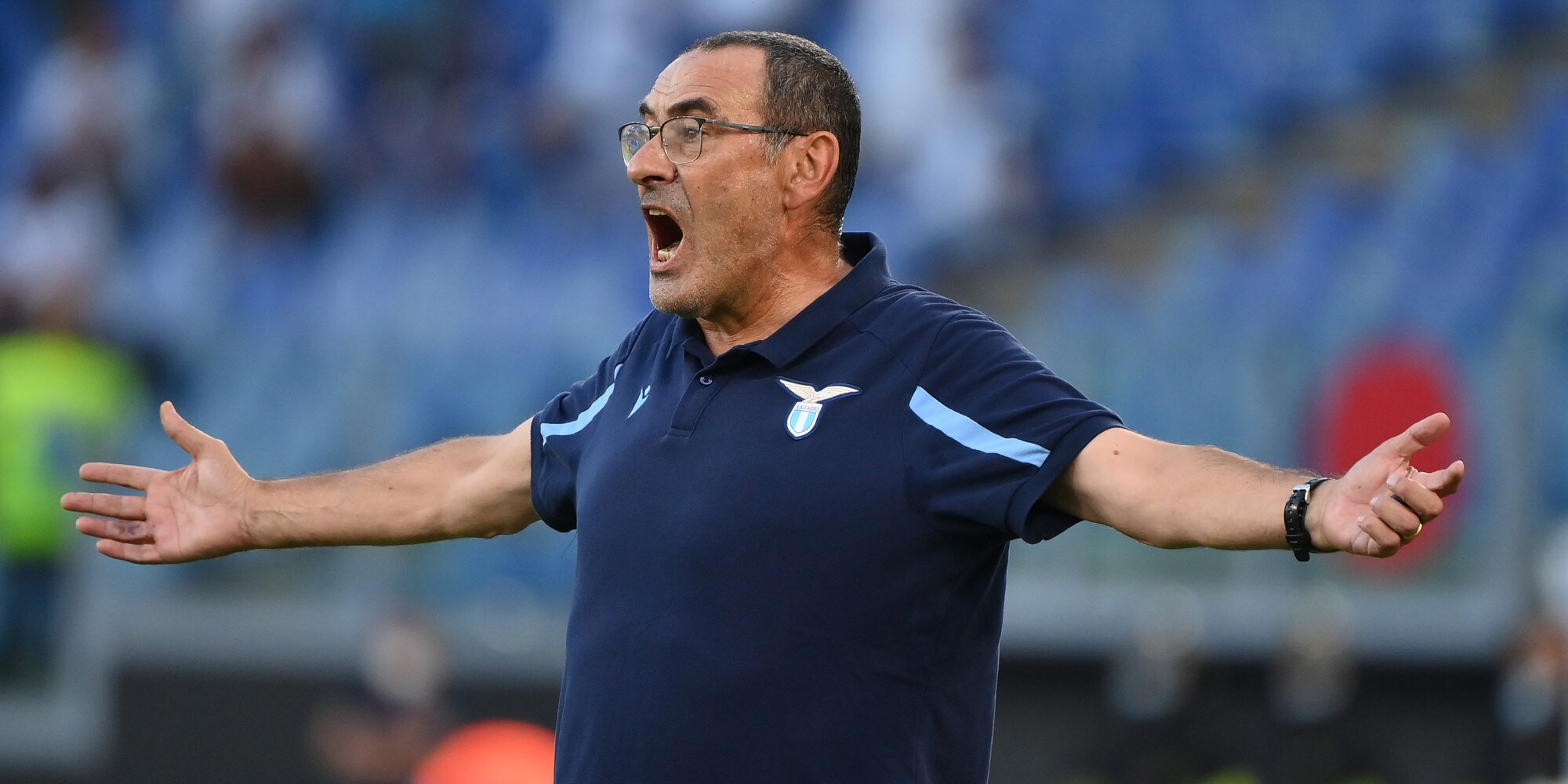In a candid and unfiltered address, Maurizio Sarri, the often-enigmatic coach of SS Lazio, recently broke his post-match silence to shed light on the tumultuous waters his squad is navigating. What emerged was not merely a tactical debrief, but a stark portrait of a club grappling with an unprecedented confluence of injuries, perceived transfer market inertia, and the demanding reality of modern Serie A football.
The Injury Avalanche: A Crisis of Unprecedented Proportions
Sarri`s opening salvo was a direct acknowledgment of the debilitating injury crisis that has plagued Lazio from the outset. «When you`re missing 8-9 players, it`s complicated,» he stated, a sentiment that might strike many as an understatement given the quality of those sidelined. The list reads like a roll call of crucial components: Vecino, Rovella, Lazzari, Guendouzi, Romagnoli, Pellegrini, Isaksen, and Zaccagni – a staggering ensemble of talent relegated to the treatment room. This isn`t merely about squad depth; it`s about the very fabric of team cohesion and tactical continuity being frayed. Sarri noted the irony of players like Basic, who hadn`t featured prominently for a year and a half, now stepping up to deliver «good level» performances, a testament to the sheer desperation for available bodies.
A Summer of Unmet Expectations?
Beneath the immediate tactical headaches, a deeper vein of frustration was palpable. Sarri drew a sharp contrast between Lazio`s summer preparations and those of their rivals. «All the teams reinforced themselves in the summer, especially the mid-level teams. We neither reinforced nor refreshed ourselves,» he lamented. This sentiment carries the weight of a missed opportunity, particularly after the team secured Champions League qualification and saw the significant departure of Sergej Milinković-Savić. Sarri recalled his initial stint with a sense of wistful disillusionment, where there was an «illusion» of a quality leap. Now, he faces a starker reality, devoid of such romantic notions, replaced instead by the gritty pragmatism of constant adaptation.
The Reluctant Warriors: Resilience in the Face of Adversity
Despite the litany of challenges, Sarri was quick to commend his team`s spirit. He lauded their «character» and «ability to fight,» particularly in recovering points from difficult situations, as seen against Torino. He asserted that the team deserves «some more points,» a subtle plea for recognition of their efforts against overwhelming odds. It`s a testament to the psychological fortitude he`s instilled, pushing players to overcome self-pity and embrace the battle. This resilience, in Sarri`s eyes, is a significant positive amidst a sea of negatives, demonstrating that even a depleted squad can embody the spirit of a Roman legion, albeit one fighting with rather limited ammunition.
Tactical Juggling and the Quest for Balance
The injury crisis has inevitably forced Sarri, a coach known for his distinct tactical philosophies, into uncomfortable compromises. He openly admitted the need to «change modules,» sometimes arriving just two days before a match without a clear plan. The infamous 4-2-4 against Torino, for instance, left him displeased with its defensive interpretation, highlighting the precarious balance required when deploying an improvised lineup. He discussed individual player dilemmas with fascinating candor: Cancellieri, a player growing in maturity, but whose strengths lie in acceleration rather than intricate link-up play; and Noslin, described as «difficult for a coach,» a player with the physique of a winger but lacking the true instincts of any singular attacking role. It`s a tactical tightrope walk, where every step risks upsetting the delicate equilibrium.
Patience: A Virtue Demanded by All, Not Just Sarri
Perhaps the most pointed message from Sarri was his appeal for collective patience. «I can`t be the only one who has patience,» he declared, a clear call to action for the club`s hierarchy, the fans, and the media. He acknowledged that he foresaw a difficult season, recognizing the rising average quality of Serie A teams. This isn`t a crisis born of surprise but of accumulated pressures, and Sarri believes everyone must internalize this long-term perspective. It`s an exasperated plea from a man who feels he`s holding the line almost single-handedly, patiently tending to a flickering flame in a hurricane.
Beyond the Pitch: Sarri`s Broader Critiques
Sarri also ventured into broader criticisms of Italian football, revealing his holistic, if occasionally curmudgeonly, perspective. He lamented the declining «effective playing time» in Serie A, criticizing refereeing inconsistencies and the prevalence of tactical fouls that go unpunished. His views on youth development were equally unsparing, painting a bleak picture of «ignoble fields» and sparse crowds in Primavera league matches, arguing this lack of exposure hinders young players` transition to the pressures of a 50,000-seat stadium. And as for «second teams» in Serie C? He deemed them the «death of local football,» asserting that Foggia would rather clash with Bari than an Atalanta Under-23 side – a classic Sarri swipe at the commercialization eroding traditional footballing soul.
The «Street Animal» Navigating the Storm
True to his persona, Sarri distanced himself from the clamor of social media, famously stating, «I`m a street animal, I don`t know what comments they make on social media because I don`t even have WhatsApp.» This deliberate disconnect allows him to filter out external noise, focusing solely on the «sensations from the street» – the genuine feelings of the fans he encounters. It’s a pragmatic approach that underscores his grounded, no-nonsense character, providing a refreshing counterpoint to the often-frenzied modern football narrative. His focus remains squarely on the «301st» game, not on past accolades or digital chatter.
The Road Ahead: A Long and Arduous Journey
As Sarri concluded his extensive address, the message was clear: Lazio`s struggles are not fleeting anomalies but deeply rooted challenges that will require sustained effort and collective resolve. The immediate goal is the return of injured players, but the path to stability and consistent performance will be a «long» one. Maurizio Sarri, the candid «street animal» coach, finds himself at the helm of a ship navigating a storm, battered but unbroken, continually urging his crew – and indeed, everyone watching – to find the same patience he, surprisingly, still possesses.

